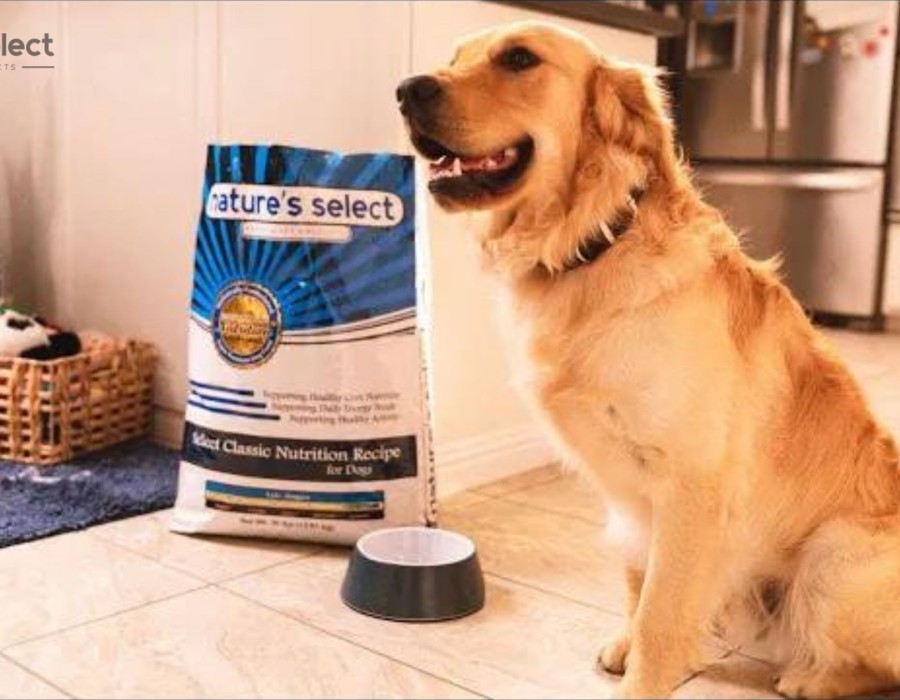Aging is inevitable, even for our furry friends. As dogs grow older, their dietary needs change. One of the most crucial changes involves protein intake. High-protein pet food can be a game-changer for older dogs, providing numerous health benefits. In this blog, we'll dive into how a high-protein diet supports muscle maintenance and overall health in senior dogs.
Muscle Maintenance: Keeping Your Senior Dog Strong
Just like humans, dogs lose muscle mass as they age. This process, known as sarcopenia, can lead to weakness and decreased mobility. However, protein is the building block of muscle, and a high-protein diet can help counteract muscle loss.
Older dogs often require more protein than younger ones to maintain their muscle mass. This is because their bodies are not as efficient at processing protein. By feeding your dog high-protein pet food, you're giving them the necessary nutrients to repair and build muscle. This can lead to improved strength, better mobility, and a more active lifestyle.
Overall Health: The Role of Protein in Aging Dogs
Protein does more than just support muscles. It plays a vital role in various bodily functions that are crucial for aging dogs. Here are a few ways high-protein pet food can benefit your senior dog's overall health:
1. Immune System Support: As dogs age, their immune systems can weaken, making them more susceptible to infections and diseases. Proteins are essential for the production of antibodies and immune cells. A high-protein diet can boost your dog's immune system, helping them stay healthy and fight off illnesses.
2. Skin and Coat Health: Older dogs often experience changes in their skin and coat. They may become dry, flaky, or thin. Proteins are necessary for the production of collagen and keratin, which are vital for skin elasticity and coat strength. A diet rich in high-quality protein can keep your dog's skin and coat healthy, shiny, and soft.
3. Joint Health: Arthritis and joint issues are common in senior dogs. Proteins contain amino acids like glucosamine and chondroitin, which are known to support joint health. High protein pet food can help alleviate joint pain and improve mobility, making your dog more comfortable and active.
4. Weight Management: Maintaining a healthy weight is crucial for older dogs. Obesity can lead to various health issues, including diabetes, heart disease, and joint problems. High protein diets can help manage weight by promoting a feeling of fullness, reducing the likelihood of overeating. Plus, muscles burn more calories than fat, so maintaining muscle mass can help with weight control.
Choosing the Right High-Protein Pet Food
Not all proteins are created equal. When selecting high-protein pet food for your aging dog, it's important to choose high-quality sources. Look for foods that list meat, fish, or poultry as the first ingredient. Avoid foods with too many fillers or by-products, as these can be harder for your dog to digest and may not provide the necessary nutrients.
Additionally, consider your dog's specific needs. Some senior dogs may have health conditions that require special diets. Consulting with your veterinarian can help you choose the best high protein pet food tailored to your dog's needs.
Supporting Your Senior Dog's Health with High Protein Diets
Aging can be tough on dogs, but a high-protein diet can make a significant difference. By supporting muscle maintenance, boosting the immune system, and promoting overall health, high-protein pet food can help your senior dog live a healthier, more active life. Remember to choose high-quality proteins and consult with your vet to ensure you're meeting your dog's unique nutritional needs. With the right diet, your furry friend can enjoy their golden years to the fullest.





Comments